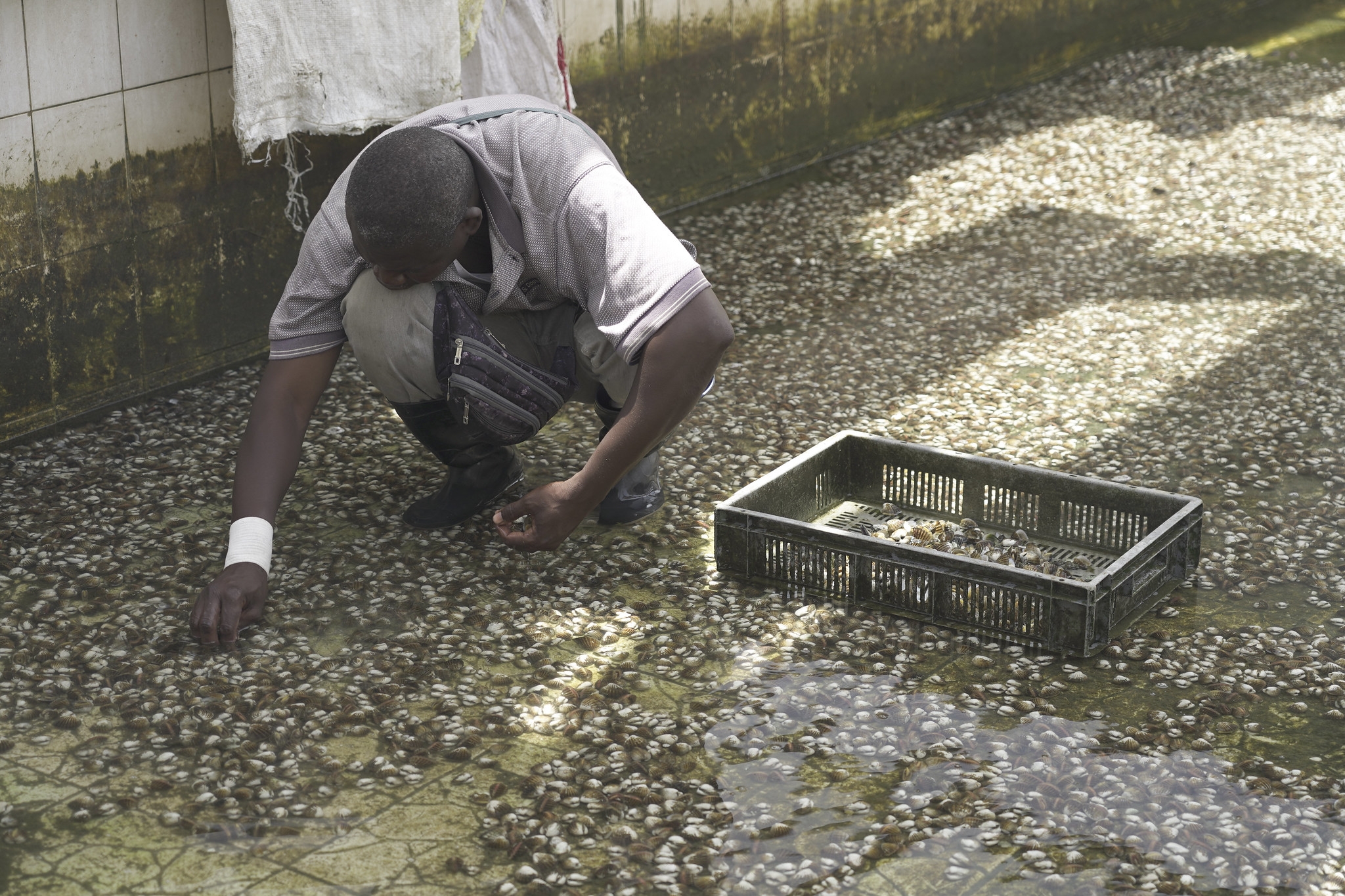
Fisheries constitute a predominant sector of Senegal's economy and natural bivalve molluscs offer important trade opportunities that, if exploited correctly, could have a positive impact on economic growth, poverty reduction and improvement of livelihoods in the country.
Its overall objective is to promote compliance with international sanitary requirements in a strategic value chain. It is also relevant as it promotes a collaborative and interdisciplinary approach fostering public-public (among the sector ministry and the specialized agencies) as well as public-private partnerships (by working closely with producers' associations). In addition, the project is expected to generate benefits on domestic public health and, as mentioned earlier, will pave the way to develop a strategy for promoting shellfish aquaculture to the national market (hotels, restaurants, supermarkets, tourist sites), as well as for regional and international markets.
Finally, this project could potentially be replicable. Experience and lessons learned could be shared with countries in the sub-region (Mauritania, Ivory Coast, Guinea, Benin, Gabon) that have similar marine eco-systems, estuaries or mangroves and in which shellfish is an important resource for coastal communities facing the same challenges in meeting sanitary standards.